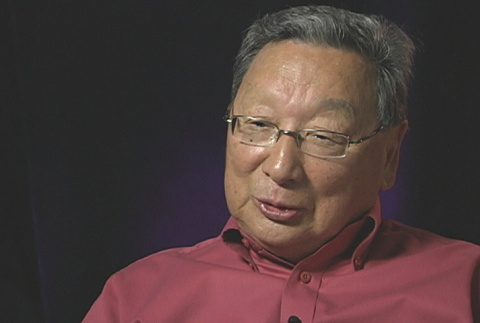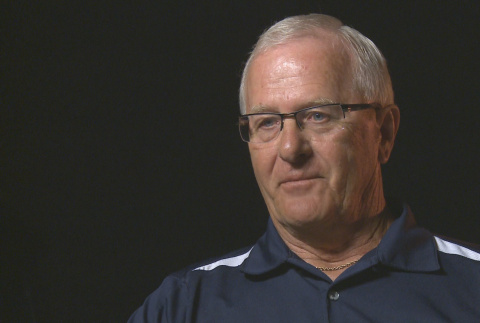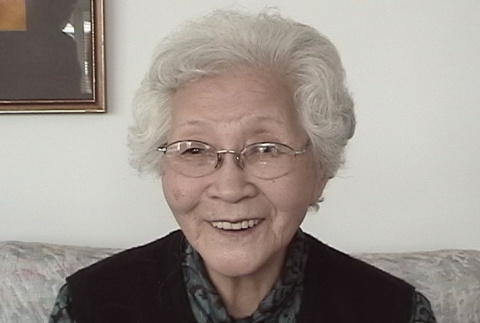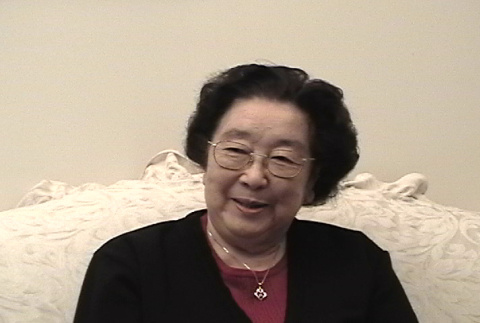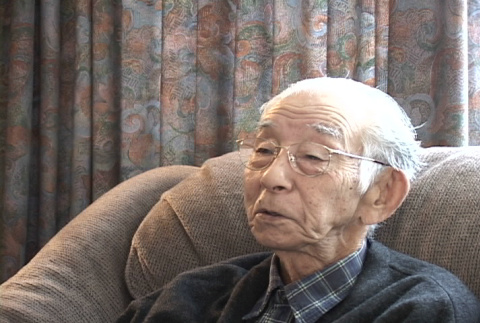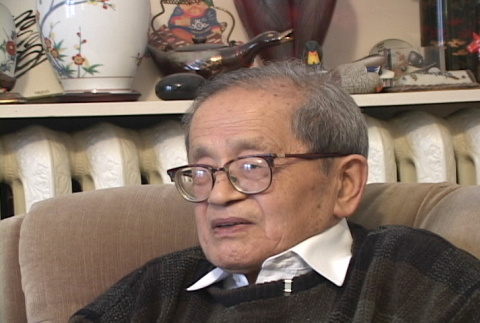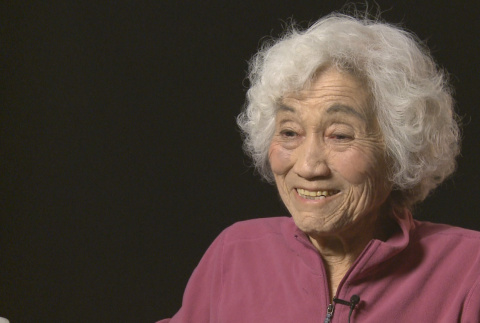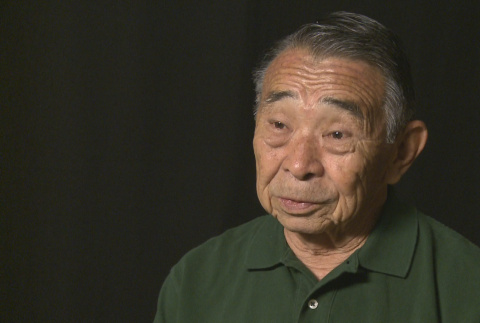Japanese Canadians
During World War II, approximately 21,000 Japanese Canadians, citizens and non-citizens alike, were removed from their homes in western British Columbia and placed in camps in the interior of the country. Able-bodied men, both Issei and Nisei, were separated from their families and sent to work in forests and on railroads and highways. Families were subsequently banished to remote mining ghost towns, sent to work on sugar beet farms, or permitted to resettle east of the Cascade Mountains where the government severely restricted their movements. Land, buildings, and other properties were seized without compensation and without the owners' permission. Japanese Canadians were forbidden from returning to the West Coast until 1949, four years after the war ended. In September 1988, the Canadian government formally apologized for the mass removal and incarceration and awarded individual compensation to all survivors.
Japanese Canadians
(124)
Related articles from the
Densho Encyclopedia :
S.I. Hayakawa,
Japanese Canadian exclusion and incarceration
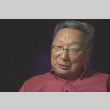







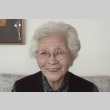
This interview was conducted by the JC Legacy Project, a project of the Japanese Canadian Cultural Centre in Toronto, Ontario, Canada.

This interview was conducted by the JC Legacy Project, a project of the Japanese Canadian Cultural Centre in Toronto, Ontario, Canada.

This interview was conducted by the JC Legacy Project, a project of the Japanese Canadian Cultural Centre in Toronto, Ontario, Canada.

This interview was conducted by the JC Legacy Project, a project of the Japanese Canadian Cultural Centre in Toronto, Ontario, Canada.

This interview was conducted by the JC Legacy Project, a project of the Japanese Canadian Cultural Centre in Toronto, Ontario, Canada.

This interview was conducted by the JC Legacy Project, a project of the Japanese Canadian Cultural Centre in Toronto, Ontario, Canada.
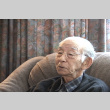
This interview was conducted by the JC Legacy Project, a project of the Japanese Canadian Cultural Centre in Toronto, Ontario, Canada.

This interview was conducted by the JC Legacy Project, a project of the Japanese Canadian Cultural Centre in Toronto, Ontario, Canada.

This interview was conducted by the JC Legacy Project, a project of the Japanese Canadian Cultural Centre in Toronto, Ontario, Canada.

This interview was conducted by the JC Legacy Project, a project of the Japanese Canadian Cultural Centre in Toronto, Ontario, Canada.

This interview was conducted by the JC Legacy Project, a project of the Japanese Canadian Cultural Centre in Toronto, Ontario, Canada.

This interview was conducted by the JC Legacy Project, a project of the Japanese Canadian Cultural Centre in Toronto, Ontario, Canada.
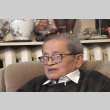
This interview was conducted by the JC Legacy Project, a project of the Japanese Canadian Cultural Centre in Toronto, Ontario, Canada.

This interview was conducted by the JC Legacy Project, a project of the Japanese Canadian Cultural Centre in Toronto, Ontario, Canada.
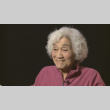
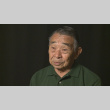
This material is based upon work assisted by a grant from the Department of the Interior, National Park Service. Any opinions, finding, and conclusions or recommendations expressed in this material are those of the author(s) and do not necessarily reflect the views of the Department …
